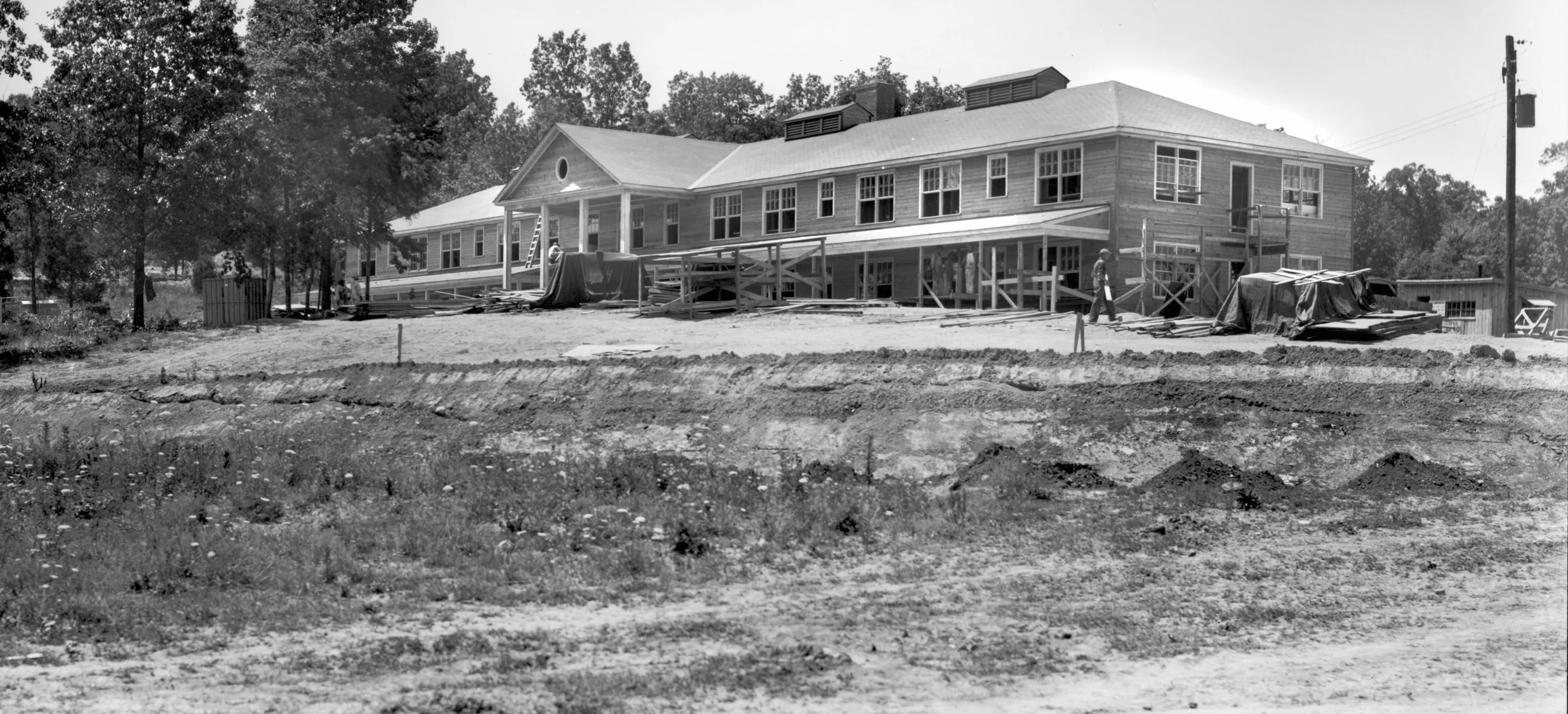Many of the facts from this posting were pulled from David McCullough’s biography of President Truman. It is one of the great presidential biographies ever written.
The country knew it must be coming, but it knew not when. Hiroshima had been attacked on August 6th, followed by Nagasaki on the 9th. Crowds were a constant around the White House for days. When, at night, it was obvious no announcement would be coming, the crowds disappeared into the sticky, hot Washington night. Hopes were high.
The terms of surrender outlined in the Potsdam communique were clear. Japan was publicly silent, but back channels were in play. Japan wanted a deal, but not the Potsdam deal. The Emperor must remain. A compromise was offered. The Emperor could remain, “subject to the Supreme Commander of the Allied Forces.” It was enough, but the waiting seemed like torture.
Friday the 10th. Truman has talks with advisors. A Cabinet meeting in the afternoon. Truman announces at the Cabinet meeting he ordered the military to suspend their plans for additional use of atomic weapons. Regardless of the stance of Japanese leadership, Truman could not tolerate the slaughter of more Japanese.
The White House heard nothing on Saturday the 11th, or on Sunday the 12th and nothing on Monday the 13th. From the bombing of Nagasaki to the surrender was only six days, but it seemed like eternity. Many in the White House had frayed nerves. Truman seemed calm.
At 4:05 pm on Tuesday August 14th Truman received news of the Japanese acceptance of surrender. He would’ve gotten the news ten minutes earlier, but the courier from the State Department was stopped by a police officer for making an illegal u-turn on Connecticut Avenue. The courier, holding the end of World War II in his hands, was 16 years old.
The White House announced President Truman would have a statement at 7pm. The journalists packed into the Oval Office and sprinted for the phones to file their stories after his brief statement. The crowds celebrating around outside of the White House that evening was estimated at over 50,000. World War II was over.
In Oak Ridge, it was like the rest of the nation. The celebration started soon after the president’s announcement. But the dancing and revelry were different.
Oak Ridgers had been at the center of the ending of the war, but most of them only learned the purpose of their work just nine days before, when Truman mentioned Oak Ridge in his address to the nation after the bombing of Hiroshima.The workers in Oak Ridge had been told for three years that they were doing important war work, and now finally, Truman had told the nation that the work in Oak Ridge was indeed important.
Many remembered that the celebration continued until the sun came up on August 15th, the official V-J Day celebration. Many Oak Ridgers, for the first time in years, thought about returning home.

